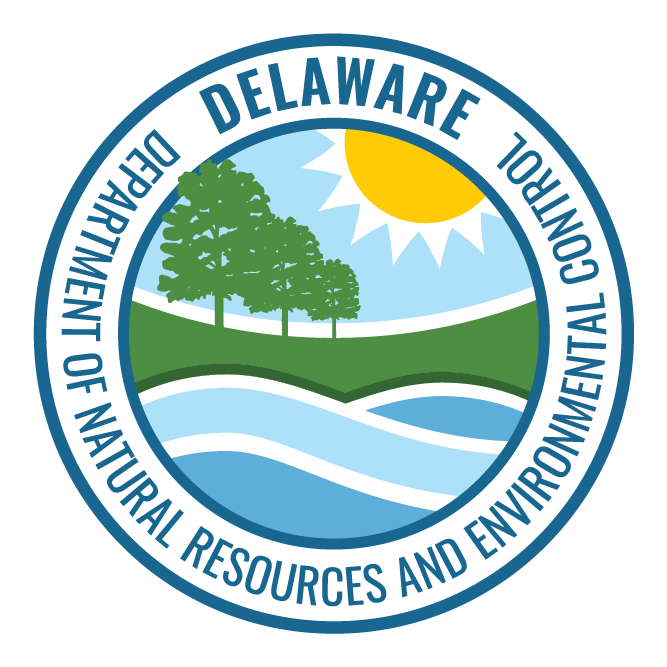The mission of the Department of Natural Resources and Environment Control (DNREC) is to ensure the wise management, conservation and enhancement of the State’s natural resources; protect public health and the environment; provide quality outdoor recreation; improve the quality of life; lead energy policy and climate preparedness; and educate the public on historic, cultural and natural resource use, requirements and issues.
DNREC is largely self-funded, receiving only 22% of its operating funding from the General Fund and the remaining funding through permit and license fees and grants. Most of the fees in our permitting and licensing programs were established in or before 1991. Since that time, there have been unfunded mandates from state and federal governments, unfunded compensation increases required by the General Assembly, massive advancements in science and technology, and energy and transportation costs being shifted to the Department. These are just a few areas of major cost growth in those programs that we are still required to fund with 1991 dollars. The Agency is simply not bringing in enough revenue to continue our work. Fees that have not increased in 30-plus years must be raised.
The fees that DNREC collects for permits and licenses are the funds that support the entire program costs, not just the processing of the applications. Many of the programs in DNREC require sufficient technical staff to do calculations and models independent of what applicants provide; to advise facilities how to complete applications properly; to do monitoring and sampling; to conduct inspections and review reports; to identify violations or the potential for violations to be prevented; and to enforce the conditions of permits and programs. Permitting is also critical to the Governor’s Ready in 6 Initiative, but without sufficient staff, permits cannot get out the door. DNREC has spent years managing priorities based on available funds, which means some important activities suffer when we lack adequate funding. We have had difficulty filling positions and have finally reached a breaking point in the Department. Fees must be increased.
There is an influx of projects happening throughout the state coming from the federal BIL and IRA that must be completed on time to keep the funding and will require DNREC permits. Without raising fees, DNREC may not be able to meet the needs because we still have a responsibility to ensure compliance and further backlogs should be expected.
DNREC tasked our divisions to provide the estimated fees necessary to close the funding gap for each program, prepare for the future, and ensure that those proposing or engaged in activities under our programs bear the cost.
The new fees would go into effect 180 days after the fee package is enacted. However, most of the fees are on a cycle, so they would not increase for the applicant until a new permit or license is required. There is also a provision that would allow the Secretary to increase the fees levied by the Department in a manner which shall approximate and reasonably reflect all costs necessary to defray the expenses of the Department for the operation of the regulatory programs. The increase would be no more than five percent in any given year and such increase(s) would be included in a schedule of regulatory program fees submitted on an annual basis as part of the Department’s annual operating budget proposal. Again, 92% of the proposed fee increases are on fees that have not been raised since 1991 or prior, and we cannot sustain our responsibilities and services without an increase in our fees.





